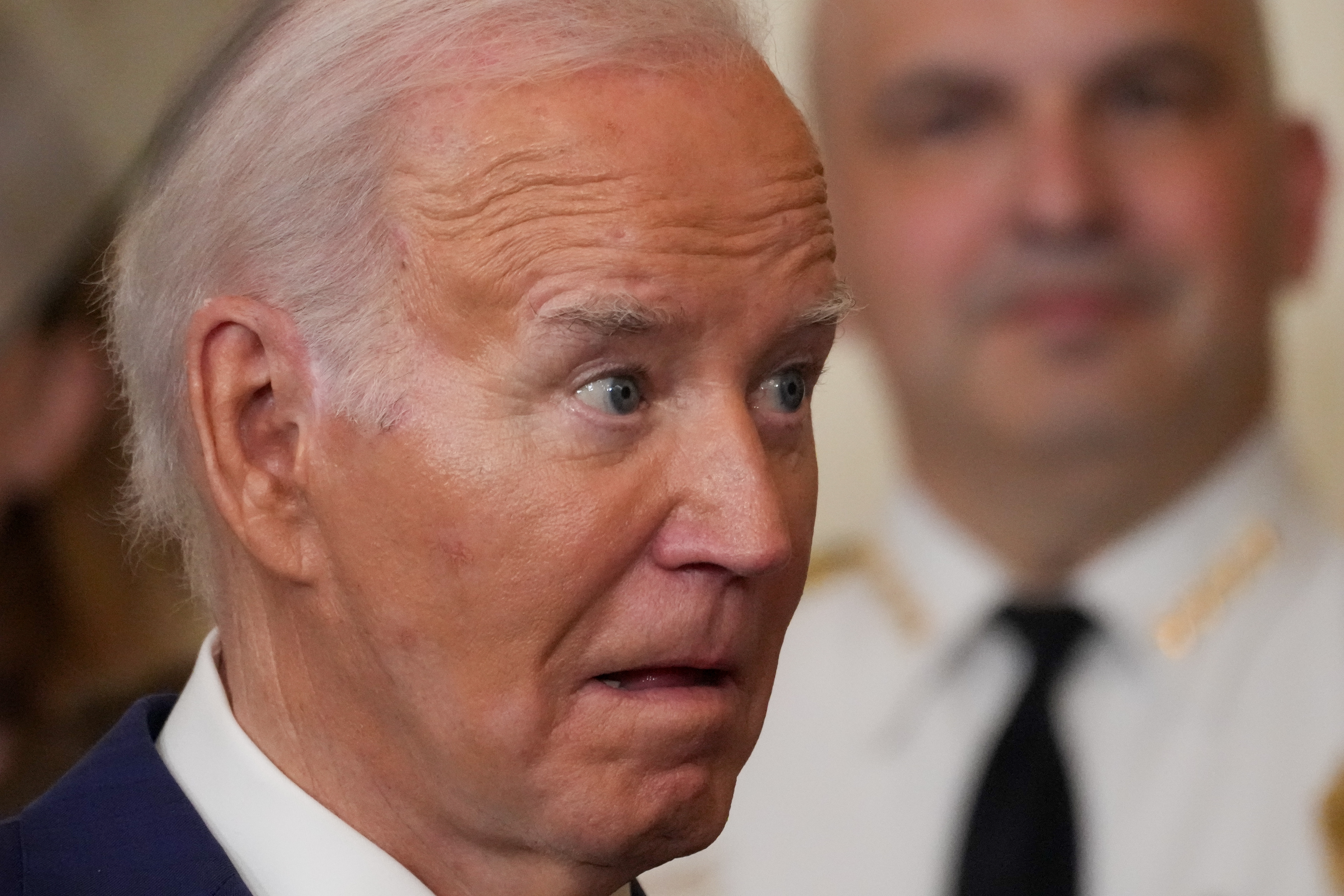Listen To Story Above
On Monday, Defense Secretary Pete Hegseth took to social media to express his frustration over what he claims was a politically motivated IRS audit during the final days of the Biden administration, just as he was preparing to assume his role at the Pentagon.
Hegseth made his concerns public by posting an IRS document on X that revealed the agency’s intention to audit his federal tax return, which allegedly showed an outstanding balance of $33,558.16.
The incoming Defense Secretary didn’t mince words about what he perceived as targeted action, describing it as a “rushed audit” by the outgoing Biden IRS and dismissing it as a “total sham.” He emphasized his determination to stand firm, criticizing what he called the party of “norms” and “decency.”
Of course the outgoing Biden IRS rushed an “audit” of the incoming SecDef. Total sham.
The party of “norms” and “decency” strikes again. We will never back down. pic.twitter.com/coW1UpFPrD
— Pete Hegseth (@PeteHegseth) February 17, 2025
His assertion garnered support from various prominent figures. Elon Musk commented on the situation, suggesting a pattern of underhanded tactics. The sentiment was echoed by others, including actor Dean Cain who characterized it as “weaponized government” and called it “Anti-American.”
This incident follows a pattern of alleged politically motivated enforcement actions during the Biden years, from the January 6 prosecutions to the treatment of pro-life activists. The IRS itself has a documented history of such controversies, notably during the Obama administration when the agency’s Washington headquarters specifically scrutinized conservative groups and their tax-exempt status, as reported by The Washington Post in 2013.
When that scandal emerged, Obama distanced himself from the actions, stating, “if in fact IRS personnel engaged in the kind of practices that have been reported on, and were intentionally targeting conservative groups, then that’s outrageous.” He promised accountability, though critics argue this never materialized.
In case you want to feel better, just know that Secretary of Defense Pete Hegseth is about to conduct the biggest audit the Pentagon has ever seen.
He will tell us everything, hence why the Neocon Warmonger Senators opposed his confirmation.
pic.twitter.com/C2edsCSzb1— George (@BehizyTweets) January 25, 2025
The targeting of Trump and his associates has been particularly pronounced, with Hegseth’s situation representing the latest example of what many see as continued persecution, even after the Democratic administration’s departure.
As the new administration takes shape, it faces the challenge of addressing these deep-rooted institutional issues, particularly in agencies capable of targeting citizens’ financial resources based on political affiliations.






